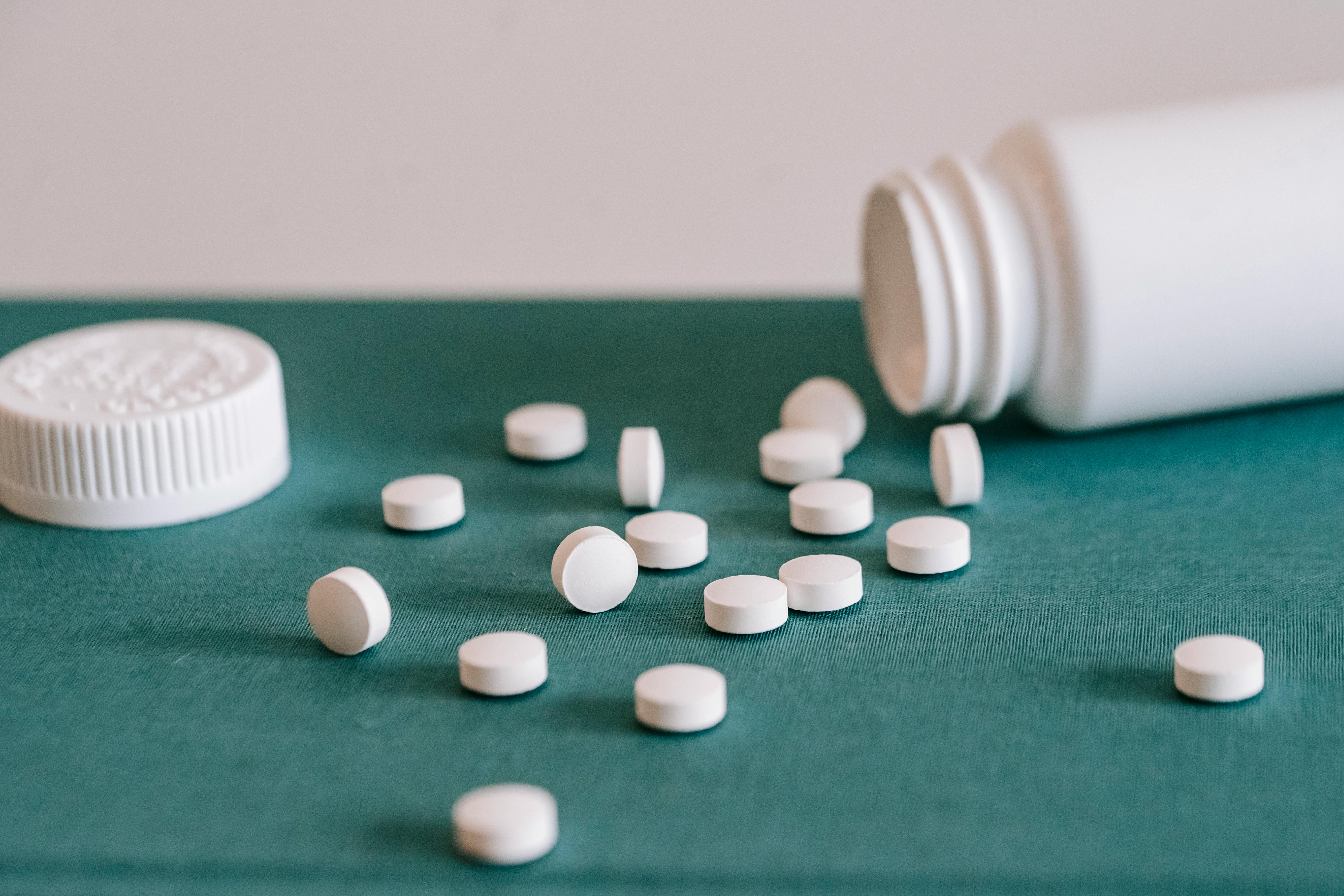A Guide to Texas’s New Law Cracking Down on Abortion Drug Trafficking
H.B. 7 opens new frontier in the legal battle to stop nation’s number one method of abortion.

Late Wednesday night, Texas Governor Greg Abbott signed House Bill 7 (H.B. 7) into law, marking a profound advancement in the fight against the illegal trafficking of dangerous chemical abortion drugs.
This groundbreaking legislation, effective December 4, 2025, empowers everyday Americans to hold accountable those who manufacture, distribute, mail, or provide harmful abortion drugs to or from Texas, implementing key safeguards for women and preborn children that curb the dangers of chemical abortion pills.
“The abortion pill industry and providers have operated with reckless disregard for women’s safety and the law for too long, exploiting enforcement gaps to evade responsibility,” commented Christopher Galiardo, Staff Counsel at Thomas More Society.
H.B 7, as amended and signed into law, authorizes private enforcement through targeted relator awards, through what is known as “qui tam” actions, to address a crime that is inherently low-visibility and under-detected. This allows private citizens to file civil lawsuits against anyone who “manufactures, distributes, mails, transports, delivers, prescribes, or provides” abortion pills into or from Texas. This includes mail-order abortion organizations such as Aid Access.
“With H.B. 7, Texas has provided an example that pro-life states across the country should follow,” Galiardo said.
Successful plaintiffs could receive a minimum of $100,000 in damages, with the potential for additional awards if they are directly related to the affected preborn child—such as a parent or sibling.
To ensure that the law is not abused, H.B. 7 includes several key safeguards, including but not limited to:
- Pregnant women who self-administer abortion pills or use misoprostol following a naturally occurring miscarriage are explicitly protected.
- Unrelated plaintiffs, such as acquaintances or activists, may still pursue claims but are limited to 10% of the damages, with the remainder directed to a charity of their choice.
- The bill also blocks lawsuits from domestic abusers, stalkers, or those who committed sexual assault resulting in the pregnancy.
- Any personal data of a pregnant woman who sought or obtained an abortion-inducing drug is not made public.
H.B. 7 is an encouraging sign of progress towards a culture that respects all human life, particularly important as 63% of abortions today in the U.S. are done through the abortion pill. By authorizing citizens to enforce Texas law, H.B. 7 not only ends the unregulated wild west of chemical abortion drug trafficking but also checks the abortion industry's reckless endangerment of women's health and safety.
“H.B. 7 delivers landmark improvements to Texas enforcement against unlawful abortion pill trafficking by establishing a robust qui tam action against manufacturers and distributors who ship illegal drugs into Texas,” Galiardo added.
H.B. 7 arrives at a critical moment, a direct response to tragedies like that revealed in a shocking wrongful death lawsuit filed last month by a woman in Texas who alleges that her former partner secretly laced her drink with abortion drug, even after she repeatedly refused his demands to kill their child.
The lawsuit claims that shortly after consuming the drug, she experienced severe bleeding, leading to an emergency room visit and the tragic loss of her baby. The lawsuit also names Aid Access, a prominent “telemedicine” abortion drug dispensary, which claims that chemical abortion pills are “medically safe” and ships them to all 50 states, regardless of whether abortion is legal in them or not.
Some states, like New York, have passed “shield laws” that protect doctors and companies who mail abortion pills to Texas, even though abortion pills are illegal there. These laws block Texas from punishing out-of-state providers, like in 2024 when a New York doctor sent pills to a Texas woman, and a New York court refused to enforce a $113,000 Texas fine because of their shield law. H.B. 7 gets around this by letting everyday Texans file lawsuits directly in Texas courts against anyone who makes, sends, or provides these illegal pills, no matter where they’re from.
The law says these out-of-state shield laws don’t apply in Texas unless required by federal law, making it harder for manufacturers and distributors of abortion pills to hide behind other states’ rules. This approach strengthens Texas’s ability to stop illegal abortion pill trafficking and could push the issue to federal courts to challenge those shield laws altogether.
As Texas leads the nation towards a pro-life future, H.B. 7 enacts essential protections for both mothers and their children, guarding against the rampant abuses of the abortion industry.
“With its blend of incentives, procedural fairness, and ethical safeguards, HB 7 exemplifies sound legislation designed not only to deter out-of-state abortion drug traffickers but also to set the national standard for safeguarding women’s dignity and upholding the value of human life,” continued Galiardo.
“This legislation is a national model for states committed to protecting life and upholding the rule of law.”





